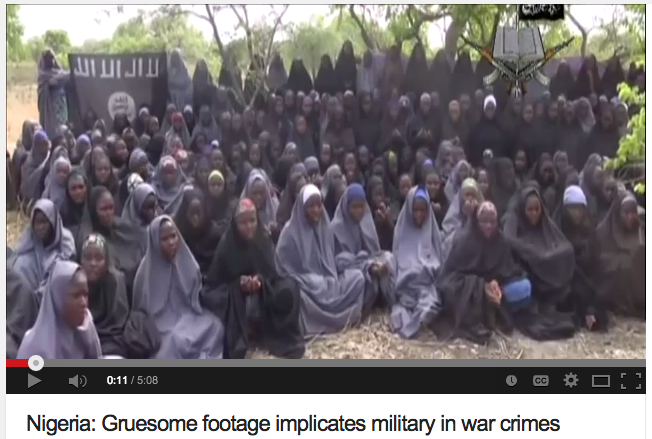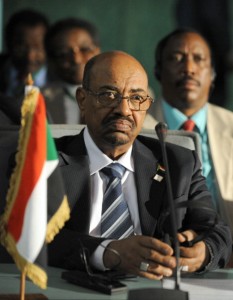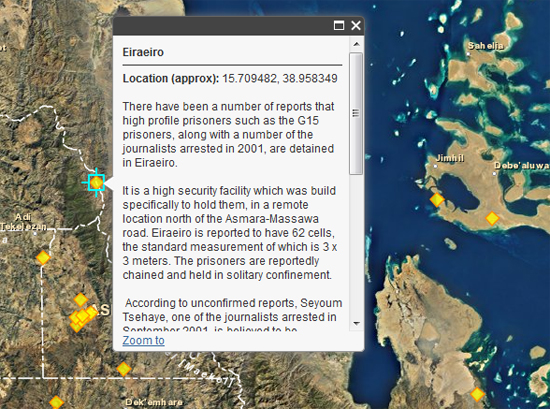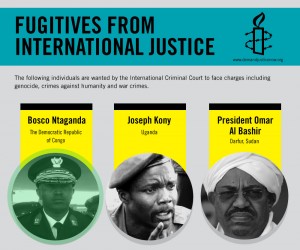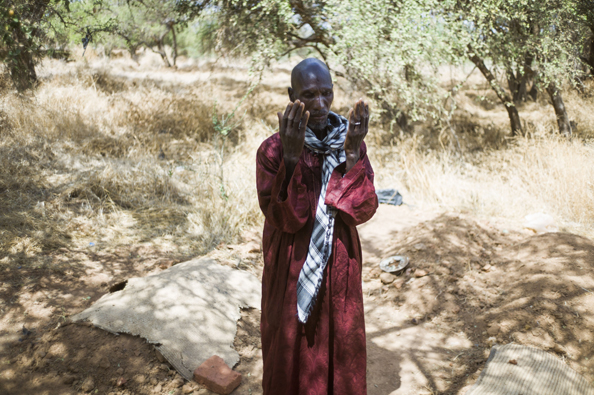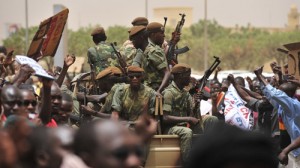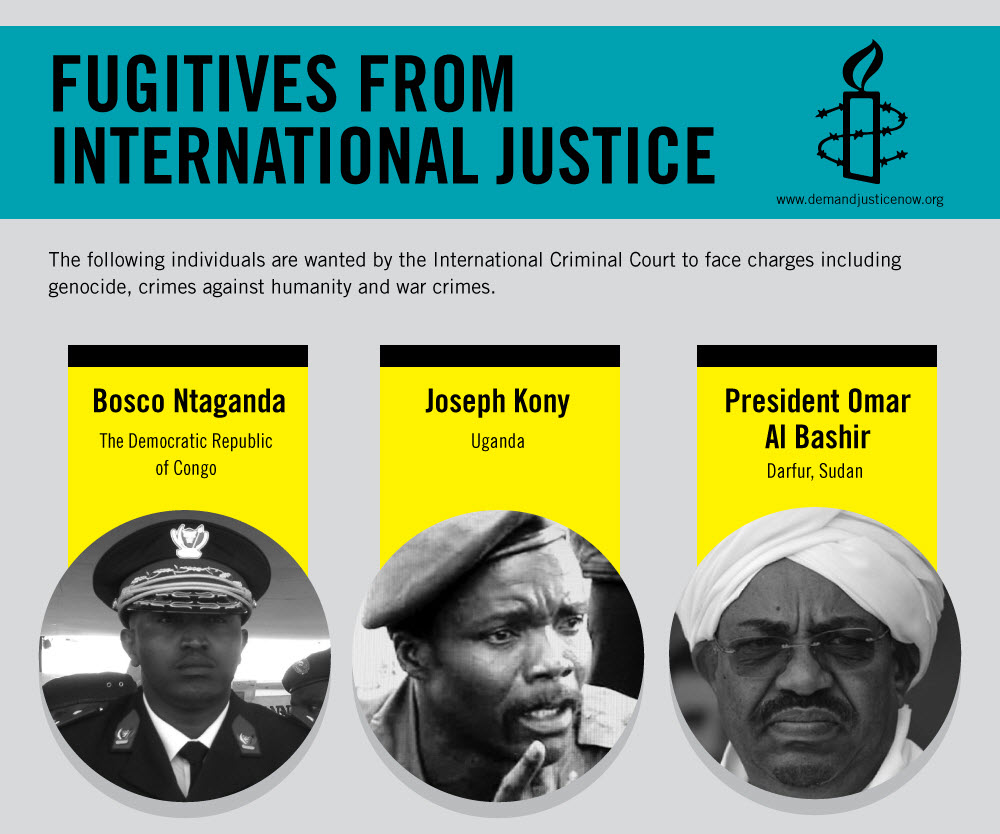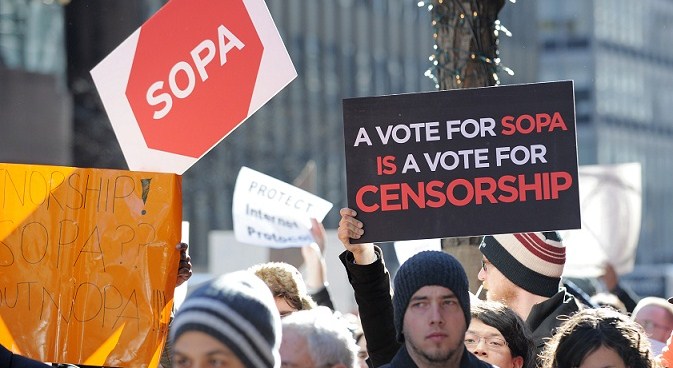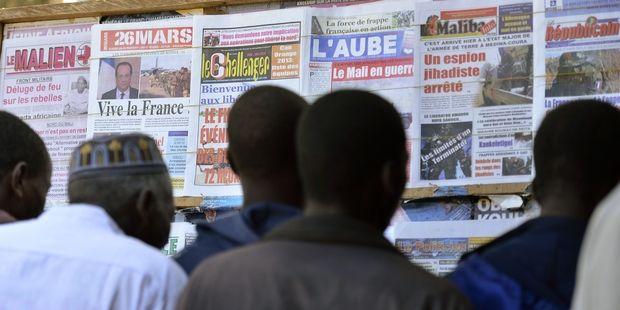
France has deployed some 550 soldiers to Mali© Eric Feferberg/AFP/Getty
(For a helpful cheat sheet of armed groups in the north of Mali, see the end of this post.)
The notion that Mali faces crisis is not new. For the better part of a year, Amnesty International has been documenting and reporting the long catalogue of abuses and outright atrocities committed in the country, by the Malian military and Junta government, and the various armed opposition groups in the North: amputations and other gruesome corporal punishment, extra-judicial executions, rape and sexual violence, child soldiering, torture, stoning, disappearances, and arrests and killings based on ethnicity, to name just the most egregious.
Indeed, on this very blog, as early as May 2012, the situation in Mali was described as a “forgotten crisis” and by July, an “urgent crisis.” There are many human rights situations that could be called a crisis, to be fair. But with the catalyzed attention as a result of French intervention at the request of the Malian government last week, recognition of the crisis in Mali warrants an urgent appeal to stave off a disastrous worsening of the conditions and abuses faced by Malians, in the north and south, as well as those displaced to neighboring countries.
SEE THE REST OF THIS POST

